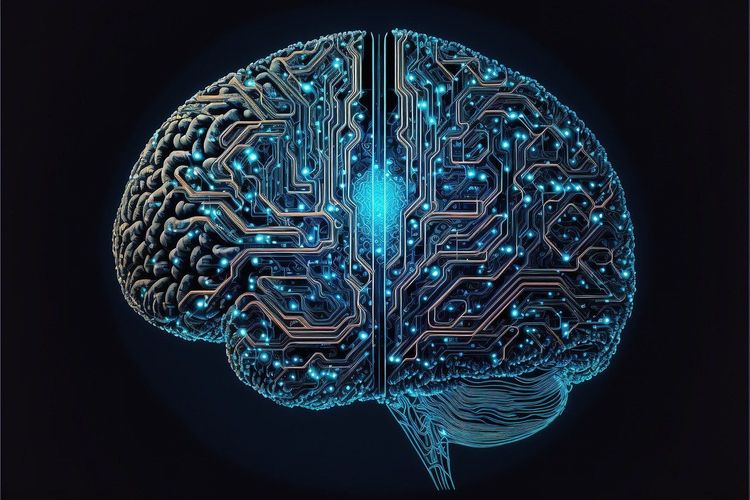After the successful launch of a generative AI tool for its corporate workforce in August, Walmart is now extending this innovative technology to enhance the shopping experience for its customers. In a recent demonstration, a Walmart spokesperson explained the company's plan to incorporate generative AI across all stages of shopping—from initial search and discovery to the final purchase. Exciting new features set to roll out include a shopping assistant, generative AI-driven search capabilities, and an interior design tool.
While Walmart has not disclosed the specific AI models it employs for these developments, the spokesperson noted that the company utilizes a range of external models that may evolve over time.
“Other companies tend to commit themselves to specific partners like Anthropic or OpenAI,” the spokesperson shared. “We aim to maintain the flexibility to incorporate different models as needed.”
The upcoming shopping assistant, launching in the next few weeks, will provide customers with a more engaging and conversational shopping experience. It will be capable of answering detailed questions, offering personalized product recommendations, and providing comprehensive information on various items. For example, it can suggest Halloween costume ideas or recommend the perfect cell phone for a parent buying for their child.
Additionally, users will soon have the ability to input specific questions directly into the search bar. By harnessing generative AI, Walmart’s advanced search tool will understand context and generate a curated list of relevant products. For instance, if a customer plans a unicorn-themed birthday party, the AI can showcase a diverse range of items—from balloons and streamers to themed napkins—streamlining the shopping process and saving time.
Similar innovations are being seen across the industry, as companies like Instacart have launched ChatGPT-powered search tools to offer tailored suggestions such as high-protein food options or Thanksgiving dinner ideas. Moreover, Meta recently unveiled a new Bing-backed AI Assistant alongside an AI personality chatbot.
Walmart is also working on an interior design assistant aimed at helping customers enhance their living spaces. This feature combines generative AI with augmented reality (AR) technology. Users simply upload a photo of their room, and the AI scans and identifies existing furnishings. They can consult the chat assistant for redecorating advice, and the AI will suggest new items to incorporate. Customers can provide feedback on which items they wish to keep or purchase, and even set a budget for their decorating project.
The growing investment in generative AI tools reflects a broader trend as businesses rapidly integrate this technology into their products and services.
“Generative AI technology is a key priority for us,” stated the Walmart spokesperson.
These innovative tools follow the recent introduction of Walmart's AI app, “My Assistant,” which has been rolled out to 50,000 corporate employees in the U.S. The app is designed to streamline tasks such as document summarization, meeting preparation, and project acceleration. Feedback on the app has been overwhelmingly positive, with some employees even using the assistant to craft humorous out-of-office messages, according to the spokesperson.







